Everything you need to know about Apple's encryption battle with the FBI
Last Update: March 1, 2016
Apple is at odds with the U.S. government over unlocking passcode-protected iPhones for criminal investigations. At the center of the controversy is the San Bernardino terrorist attack of December 2015, which resulted in 16 deaths and another 24 injuries.
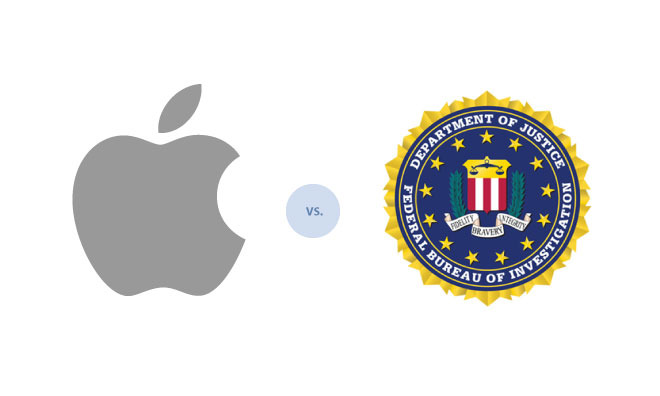
Judge orders Apple to cooperate
The saga began when a U.S. magistrate judge ordered Apple to comply with FBI requests to help extract data from an iPhone owned by one of the shooters involved in the attack. The iPhone 5c in question is a work phone used by the shooter and owned by San Bernardino Health Department.
Judge Sheri Pym informed Apple that it must provide specialized software that will allow law enforcement officials to thwart iPhone's built-in security measures, specifically a feature that automatically erases handset data after a certain number of unsuccessful login attempts:
"Apple's reasonable technical assistance shall accomplish the following three important functions: (1) It will bypass or disable the auto-erase function whether or not it has been enabled; (2) it will enable the FBI to submit passcodes to the subject device for testing electronically via the physical device port, Bluetooth, Wi-Fi or other protocol available on the subject device; and (3) it will ensure that when the FBI submits passcodes to the subject device, software running on the device will not purposefully introduce any additional delay between the passcode attempts beyond what is incurred by Apple hardware."
Tim Cook responds, vows to fight
After the order was made public, Apple chief Tim Cook responded by calling the demand "dangerous."
"The United States government has demanded that Apple take an unprecedented step which threatens the security of our customers," Cook wrote in an open letter posted on Apple's website. "We oppose this order, which has implications far beyond the legal case at hand."
Cook further argued that while Apple has done as much as it can to cooperate with law enforcement officers, the FBI's request to crack iOS encryption used by the San Bernadino shooters would fundamentally harm the security of iOS users around the world:
"We have great respect for the professionals at the FBI, and we believe their intentions are good. Up to this point, we have done everything that is both within our power and within the law to help them. But now the U.S. government has asked us for something we simply do not have, and something we consider too dangerous to create. They have asked us to build a backdoor to the iPhone.
Specifically, the FBI wants us to make a new version of the iPhone operating system, circumventing several important security features, and install it on an iPhone recovered during the investigation. In the wrong hands, this software — which does not exist today — would have the potential to unlock any iPhone in someone's physical possession.
The FBI may use different words to describe this tool, but make no mistake: Building a version of iOS that bypasses security in this way would undeniably create a backdoor. And while the government may argue that its use would be limited to this case, there is no way to guarantee such control."
The country chooses sides
The White House took issue with Apple's suggestion that creating a backdoor to iOS would threaten the security of all its customers, instead arguing that the issue applies to just one iPhone in question. Spokesman Josh Earnest said the government does not want Apple to "create a new backdoor to its products," but that "(President Barack Obama) certainly believes that this is an important national priority."
Most of Silicon Valley predictably lined up behind Apple, while presidential candidates wasted no time seizing on the issue for their own agendas.
Donald Trump asked "who do they [Apple] think they are?" before calling for a boycott on Apple products. Marco Rubio was more nuanced, saying that the issue required thoughtful debate.
DoJ weighs in amid mistakes
The Department of Justice then got involved, filing a motion attempting to compel the iPhone maker to create a backdoor to unlock a secured iPhone.
"Rather than assist the effort to fully investigate a deadly terrorist attack by obeying this court's order of February 16, 2016, Apple has responded by publicly repudiating that order," the DOJ filing states.
The DOJ went on to say that Apple's refusal to cooperate is "based on its concern for its business model and public brand marketing strategy."
It was then revealed that the FBI may have bungled portions of the investigation by asking local officials to reset the iCloud password linked to the device. Apple had been conducting "regular" discussions with government entities since early January regarding methods by which data from the iPhone 5c may be recovered, discovering the password change in the process.
The method, seemingly involving the offloading of a backup to iCloud before recovering it from Apple's servers, leveraged an iPhone convenience feature in which the device automatically connects to a known Wi-Fi network. Apple engineers were unable to complete the process due to the updated Apple ID passcode.
Cook, Comey take shots
As the legal battle spilled over into the court of public opinion, Apple CEO Tim Cook and FBI director James Comey started a war of words in which each side worked to paint the other as unreasonable.
"Fourteen people were slaughtered and many more had their lives and bodies ruined. We owe them a thorough and professional investigation under law. That's what this is," Comey wrote in a letter.
"This case is about much more than a single phone or a single investigation, so when we received the government's order we knew we had to speak out," Cook shot back in an internal email. "At stake is the data security of hundreds of millions of law-abiding people, and setting a dangerous precedent that threatens everyone's civil liberties."
While Comey at one point suggested that the FBI's request would only impact the San Bernardino investigation, he later admitted that it would set a precedent.
Cook made an appearance on ABC News, calling the request "bad for America," and suggesting that the FBI wanted Apple to make the "software equivalent of cancer."
Apple makes its stand
Apple's legal resistance officially began on Feb. 25, when it filed to vacate the government's court order, claiming that demand for what it called a "Government OS" would set a bad precedent and undermine security around the globe. It specifically argued that the government shouldn't be able to compel the creation of new software, and that there are other cases pending which may be influenced by the order.
The company received an important boost a few days later, when in a separate case a New York judge ruled that Apple couldn't be forced to unlock an iPhone, as asking the company to build a deliberately vulnerable operating system would impose an "unreasonable burden."
On March 1, Comey testified in front of a House Judiciary Committee, admitting that the FBI would use the precedent of the San Bernardino case to unlock other iPhones. Apple's general counsel, Bruce Sewell, also made an appearance, asking for the government to withdraw the court order and for a commission or panel to be formed to help resolve the debate.
Reports meanwhile suggested that Apple was working on improved iOS and iCloud security measures that could eventually render the FBI's requested tool useless in later cases.
Essential Reading
- Comey: 'Of course' FBI would leverage precedent in San Bernardino case
- Apple developing iPhone and iCloud encryption that counters FBI-requested workaround, reports say
- Apple will ask Congress for a 'thoughtful and honest consideration of the facts' in testimony on encryption debate
- Federal judge rules Apple cannot be forced to aid in NY iPhone unlocking, cites 'unreasonable burden'
- Apple rails against FBI demands for 'GovtOS' in motion to vacate decryption request
- Apple developing iPhone and iCloud encryption that counters FBI-requested workaround, reports say
- Tim Cook: FBI is asking Apple to create 'software equivalent of cancer'
- ">Tim Cook calls FBI backdoor demand 'dangerous,' vows to fight case
- ">White House says FBI wants access to one iPhone, not blanket backdoor from Apple
- ">Lawmakers, advocacy groups, Snowden take sides in polarizing Apple encryption debate
- ">John McAfee offers to decrypt iPhone used by San Bernardino terrorists, criticizes FBI
- ">Facebook, Twitter voice support for Apple's stance on encryption [u]
- ">Apple reportedly enlists aid of free-speech attorneys in encryption battle
- ">Billionaire Mark Cuban says Apple deserves a 'standing ovation' for fighting FBI on encryption
- ">US Department of Justice files motion to force Apple to crack terrorist's iPhone
- Apple ID linked to terrorist's iPhone 5c changed while device was in government hands, Apple says [ux2]
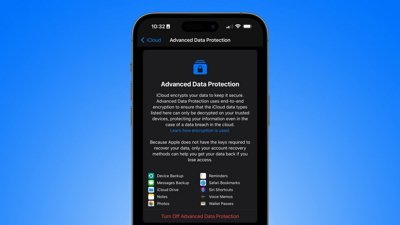
 Malcolm Owen
Malcolm Owen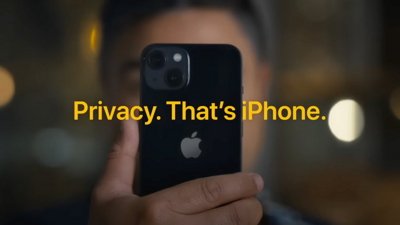
 Wesley Hilliard
Wesley Hilliard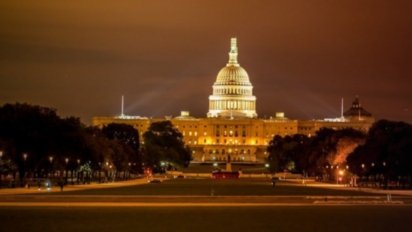
 Mike Peterson
Mike Peterson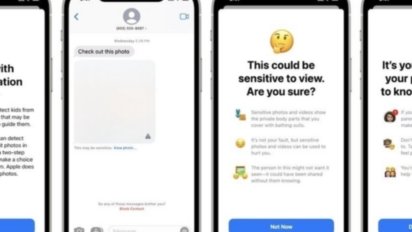
 AppleInsider Staff
AppleInsider Staff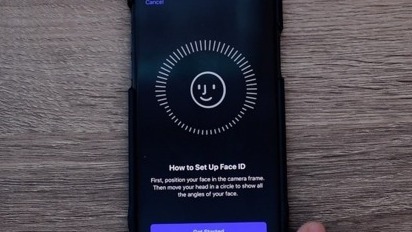
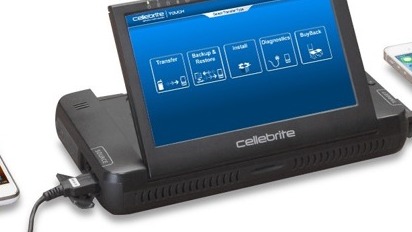
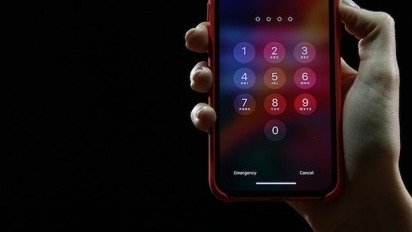

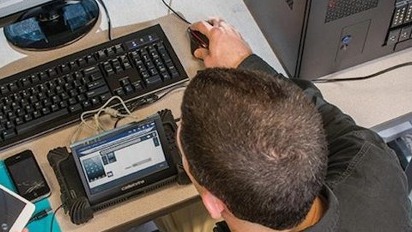
 Mike Wuerthele
Mike Wuerthele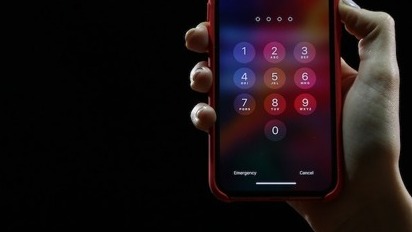
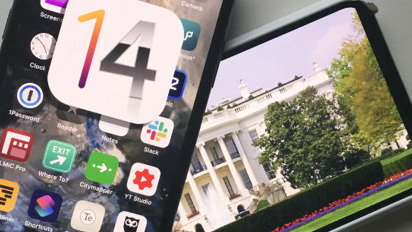
 William Gallagher
William Gallagher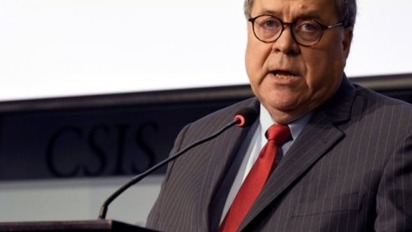
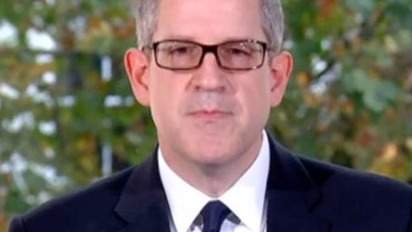
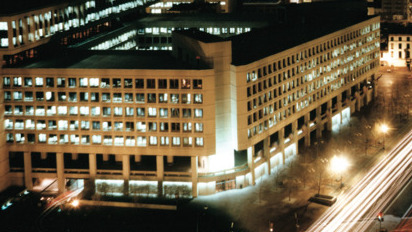
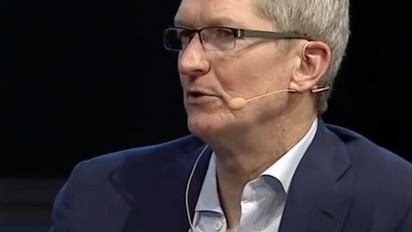
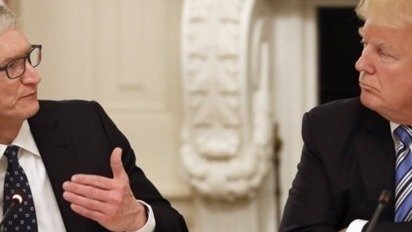
 Amber Neely
Amber Neely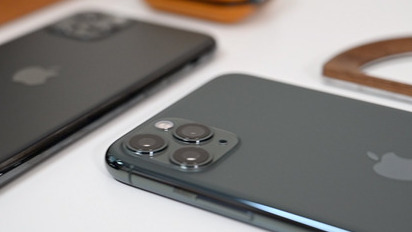
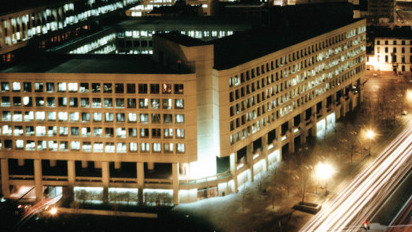
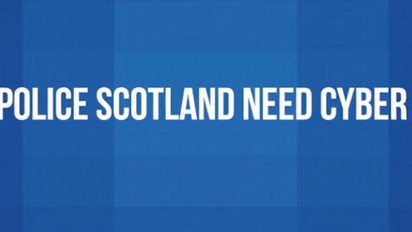
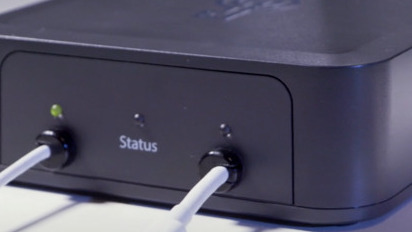
 Mikey Campbell
Mikey Campbell


-m.jpg)


